VAT Transitional Rules
The new taxation regime will bring about a lot of questions to your mind, if you’re a business owner. Here, we’ll discuss the important transitional provisions stated by the Federal Tax Authority (FTA). These transitional provisions have been introduced by the Federal Tax Authority (FTA) for the levy of VAT on supply of goods/services and contracts. This section will cover the following topics:
- Transitional provisions for supply of goods and services
- Transitional provisions for contracts
- Transitional provision records to be maintained
- Industry-specific scenarios
Transitional provisions for supply of goods and services
- Case 1: Supply of goods and services on/after January 1, 2018
If the supply of goods/services takes place on/after January 1, 2018, but the payment for the supply had been completed before January 1, 2018, VAT is applicable on the supply. The supplier should collect and remit VAT for the transaction despite the payment being made before the VAT regime.
- Case 2: Supply of goods/services in instalments on/after January 1, 2018
If a supply is partially made before January 1, 2018, and the remaining part of the supply is to be made on/after January 1, 2018, the portion of the supply made after the implementation of the VAT regime is taxable.
The same is applicable on supply delivered in parts/instalments. The parts/instalments delivered before January 1, 2018 are not taxed, however VAT is levied on the parts/instalments supplied after January 1, 2018.
- Case 3: Issuing invoice for supply of goods and services
If an invoice is issued on/before January 1, 2018 for goods/services to be supplied after January 1, 2018, the supplier should make sure VAT is collected and paid for the supply. In this case, since the payment was already made, an additional invoice showing the tax charged on the transaction should be issued.
For example, two firms A and B have signed an agreement according to which, A is supposed to supply goods to B. The supply is scheduled to take place on January 2, 2018, but to facilitate the process, an invoice is issued, and payment is completed by December 5, 2017. In this case, the date of supply would be January 1,2018 and VAT would be payable accordingly.
Transitional provisions for contracts
If two businesses have a contract that concludes before January 1, 2018, and goods/services are to be supplied on/after January 1, 2018, the contract will be considered inclusive of VAT. This means, the firm supplying goods/services should levy VAT on the supply made on or after January 1, 2018.
Transitional provision records to be maintained
The consideration paid for the supply will be treated as exclusive of VAT, and the recipient of goods/services will be obligated to pay VAT along with the consideration, provided any of the following apply:
- If the recipient is registered under VAT or
- If the recipient is liable to recover the input VAT incurred on the supply (either completely or partially).
To avoid hassles, the supplier should confirm beforehand if the recipient is a VAT registrant or if they are in the process of registering under VAT. They should also confirm the liability of the recipient to claim input tax incurred on the supply. The recipient is mandated by law to reply to the supplier in writing within 20 business days of receiving the request for confirmation.
Based on the information provided by the recipient, the following is applicable:
- If the recipient furnishes false information, they will not be able to claim input tax on the supply.
- If the recipient fails to provide information, the supplier will treat the consideration paid for the supply as tax exclusive, and the recipient should pay VAT on the supply.
Note: In all cases, the supplier will remain responsible for the calculation of tax and payments to be made to the FTA.
To stay VAT-compliant, business owners should assess their existing contracts and re-new expiring contracts, if necessary.
Industry-specific scenarios
Trading firms
VAT is applicable on the goods delivered to the recipient or made available (the supply is ready but hasn’t been delivered to the recipient yet) on/after January 1, 2018.
Businesses dealing with call off stock
When goods are delivered to a potential customer’s premises or warehouses, the ownership still belongs to the supplier until the recipient claims the stock, which is termed ‘call off stock’. In this case, VAT is applicable on the goods sold or taken from the stockpile after January 1, 2018.
For example, a trader supplies goods to a potential customer’s warehouse on February 2, 2017. If certain goods are taken or sold from this supply on January 20, 2018, VAT will be applicable on such goods, and tax invoice should be issued to record the sales transaction.
Real estate
For real estate contracts, VAT is applicable on supplies made on or after January 1, 2018. The same applies to contracts signed with the real estate firm.
Insurance firms
VAT is applicable on the insurance policies that are issued or renewed on/after January 1, 2018. If the insurance contracts include payments to be made on an instalment basis, VAT will be applicable on the instalments that have due dates on or after January 1, 2018.
